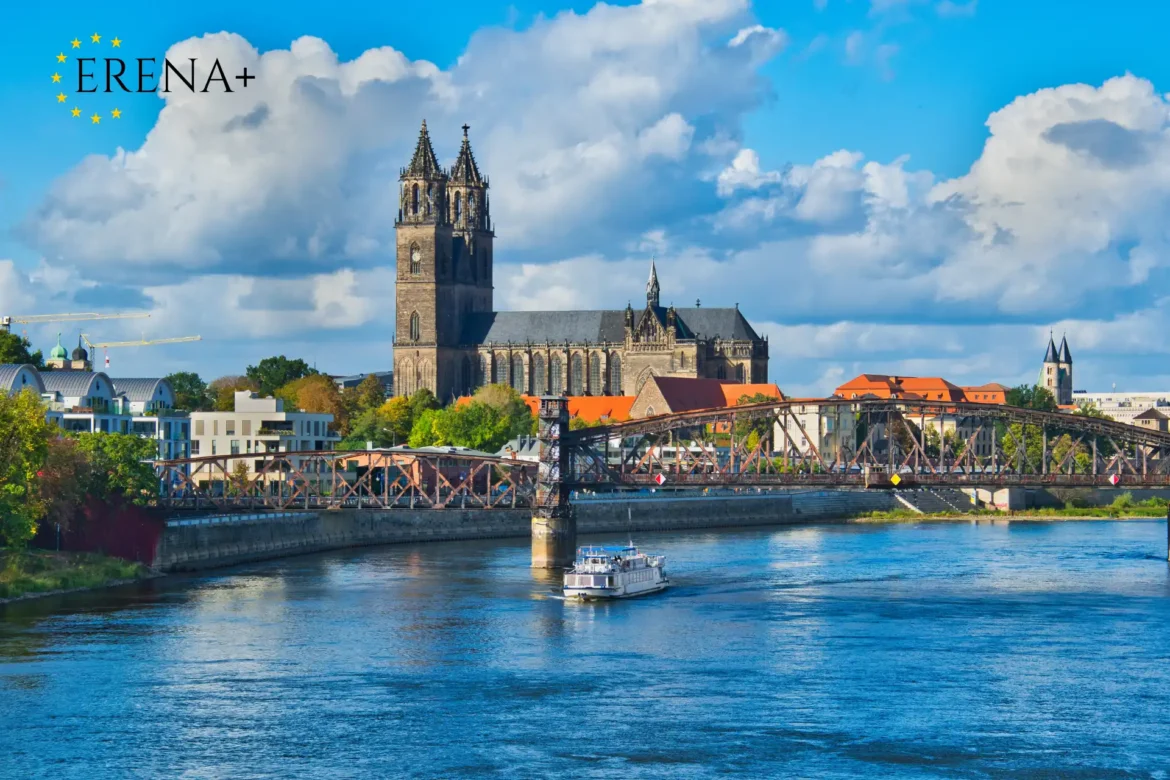Magdeburg, the capital of Saxony-Anhalt, has been drawing increasing attention from investors due to its strategic location, rich history, and relatively low housing costs. Situated on the banks of the Elbe River, the city is renowned for its expansive green spaces, making it a desirable place for living and investments.
Current State of Magdeburg’s Real Estate Market
Magdeburg’s real estate market is steadily growing for several reasons:
1. Affordable Housing Prices: Compared to other major German cities, property prices in Magdeburg are significantly lower, providing attractive opportunities for buyers and investors.
2. Well-Developed Infrastructure: The city serves as a key transportation hub, integrating road, rail, and river networks, which enhances its logistical and economic appeal.
3. Education and Student Demand: Universities and educational institutions bring a steady influx of students, increasing demand for rental properties.
Market analyses indicate a consistent demand for housing in Magdeburg, driven by affordable prices, strategic location, and positive economic forecasts.
The Intel Project and Its Market Impact
In 2022, Intel announced plans to build a semiconductor plant in Magdeburg with an estimated investment of €30 billion. The project was expected to become the largest foreign investment in Germany’s history, creating approximately 3,000 jobs. However, in 2024, construction was postponed by two years due to the company’s financial challenges and shifts in the global tech market.
Impact of the Delay on the Real Estate Market
Intel’s announcement initially spurred optimism in Magdeburg’s real estate sector. It was anticipated that an influx of workers and their families would drive housing demand, particularly in areas near the planned facility. In response, local developers began preparing new projects aimed at accommodating the anticipated population growth.
However, the construction delay has led to several changes in market dynamics:
1. Reduced Housing Demand: The postponed arrival of new residents is slowing the anticipated increase in demand for rental and purchase properties.
2. Slower Price Growth: Expectations of a sharp rise in property values have shifted to a more long-term outlook, keeping the market relatively stable for now.
3. Paused Development Projects: Some developers may suspend plans for residential projects originally aimed at Intel’s future workforce.
Long-Term Prospects
Despite the current delay, the Intel project remains a promising venture for the city. Once construction resumes, it is expected to significantly boost economic activity in the region, which will inevitably impact the real estate market. Potential long-term benefits include increased housing demand, a revitalized construction sector, and rising property values.
In summary, the delay in Intel’s construction plans has had a temporary cooling effect on Magdeburg’s real estate market. However, the city’s long-term prospects remain positive, and market participants can use this time to adjust their strategies and prepare for future economic growth.
Magdeburg’s real estate market and how the delay in the construction of the Intel plant will affect it
794
previous post

